If you are a gardener, you are undoubtedly looking to reap the benefits of your garden for as long as possible. Extending the growing season is far more than rewarding; it enables you to have fresh, homegrown produce well beyond the growing season.
Simple tactics, such as ending your growing season late and starting your garden early, will make a tremendous difference in yields. Here are some strategies to help you get the most out of your gardening season.
Plant Early/Late Season Hardy Varieties
Many gardeners plant their garden once Spring arrives. But there is a better way! One of the simplest ways to extend your gardening season is by planting early-late-season vegetables. These are varieties that can endure cooler temperatures and shorter days.
Cold hardy vegetables are the ideal choice. Cruciferous vegetables in the Brassica family are the perfect example. These include bok choy, cabbage, cauliflower, collards, broccoli, Brussels Sprouts, kale, kohlrabi, rutabagas, and turnips.
In addition to the cruciferous vegetables listed above, things like carrots, potatoes, onions, garlic, spinach, and lettuce can also be grown later into the season or started early using a few simple tactics. Keep reading more about that below.
Many varieties of these vegetables survive but thrive in the cooler weather, and they can provide a fresh, nutritious addition to your meals. And to make a good thing even better, most of these early-late season vegetables have long shelf lives and are easily preserved.
You might also like: 21 Clever Ways to Extend the Growing Season
Identify or Create your own Microclimate
Every garden has microclimates – areas that are warmer or colder than the rest of the garden. Identifying these microclimates can help you strategically place your plants for optimal growth. Plants placed in warmer spots will continue to grow later into the season, effectively extending your gardening season.
Have you ever noticed that your garden may not act like a neighbor’s? Depending on the location, layout, and other factors, your garden may have its own Microclimate.
For example, you may have a brick wall that retains heat or an area with shrubs and bushes that block winds. Identifying and taking advantage of microclimates is a simple way to start your garden early or end the growing season late.
You can also artificially create microclimates in your garden by thinking outside the box.
Mulch Your Crops for added Protection
Mulching your crops can provide an added layer of Protection against the elements. Mulch can be purchased or delivered; however straw, leaves, sawdust, and grass clippings can also be used as mulch to cover the soil around your plants. This covering insulates the soil, keeping it warmer and extending the growing season for your plants.
Covering Plants
Row covers such as low tunnel hoops, or cold frames can protect plants from overnight low temperatures and frost that threaten to end your harvest.
You might also like: How to Build a Low Tunnel
A lightweight row cover can be used to protect from pests and prevent greens from bolting during the heat of the summer. Heavyweight row covers are best suited to protect early- and late-season crops from frost. However, both are useful for keeping out insects and other pests.
For temporary frost protection, using frost cloth or simply draping additional layers of floating row cover material directly on top of plants can increase the temperatures up to 10 degrees or more.
Other Options for Extending the Growing Season
Starting your seedlings indoors weeks before they are transplanted outdoors will give you a head start. Placing everyday household items like buckets and milk jugs over plants can create a microclimate. Even reusing tomato cages covered with clear trash bags can do the trick. Adding hand warmers or Christmas lights is another option to trap warmth.
Extending the gardening season is an achievable goal for any gardener. Elaborate greenhouses or complicated builds are optional. A little thriftiness combined with outside-of-the-box thinking will go a long way!
You might also like: Easy and Affordable Solutions for Extending the Growing Season
With careful planning and a few strategic practices, you can literally enjoy the fruits (and vegetables) of your labor for much longer than you thought possible. Remember, every garden is unique, so don’t be afraid to experiment and see what works best for your specific situation.
Happy gardening!
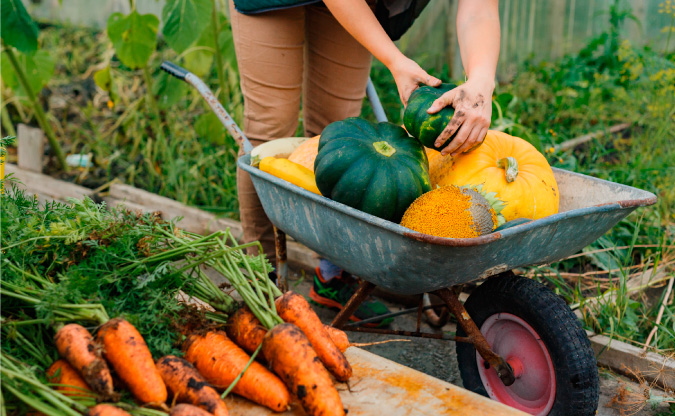
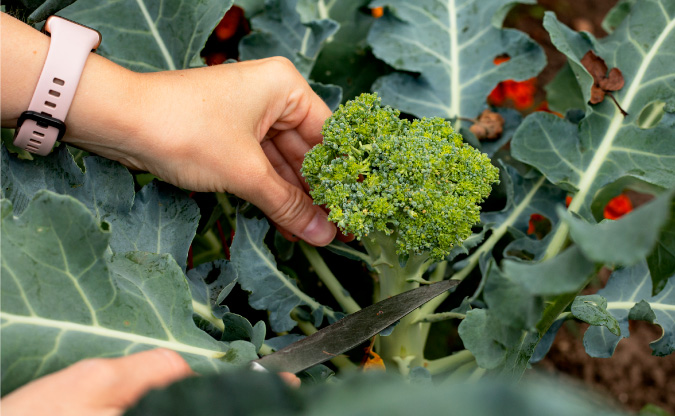
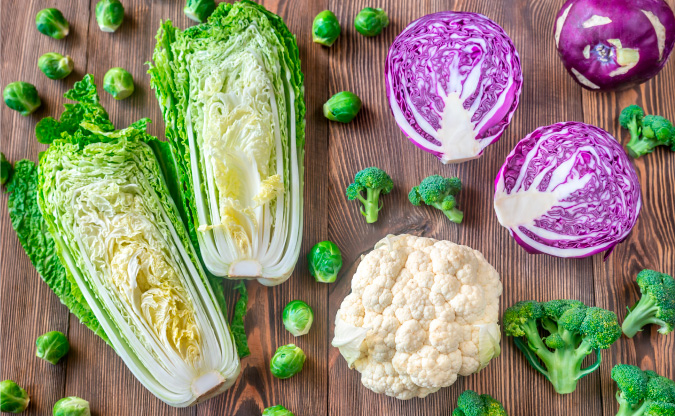
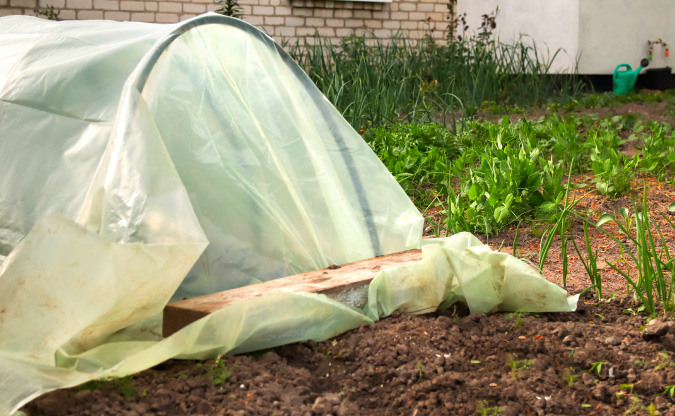
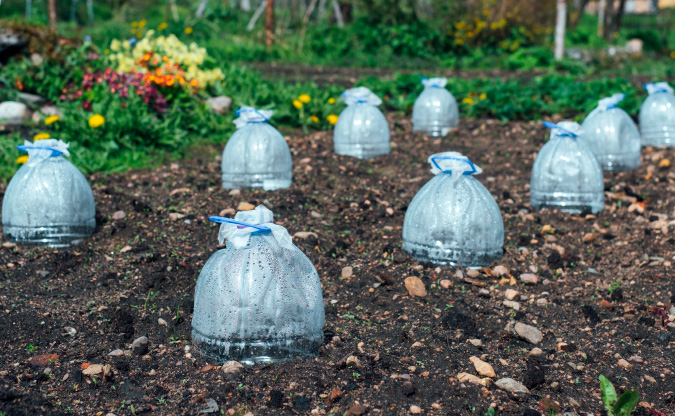







COMMENTS(1)
Great tips! Thank you. I’m also trying a method called landrace gardening that involves saving seeds from plants that do well in my garden. I’m hoping to avoid purchasing seeds in the future and selecting plants that don’t need too much help on my part.